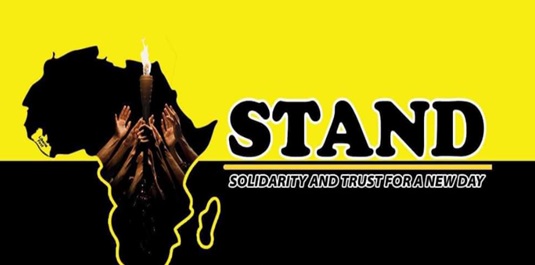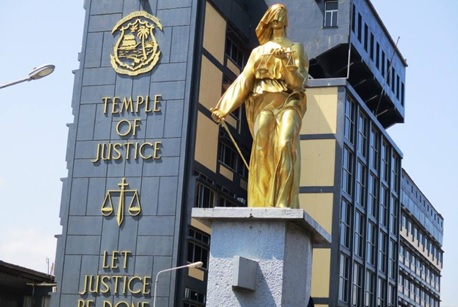MONROVIA – On Monday, April 22, 2024, U.S. Secretary of State Antony John Blinken unveiled the 2023 Human Rights Report on Liberia. The report presents a concerning and troubling overview of Liberia’s human rights situation. Contrary to expectations of progress and improvement, the findings indicate a worrying absence of significant changes, highlighting ongoing challenges that require immediate attention and collaborative efforts.
At the forefront of these issues are credible reports of arbitrary or unlawful killings, including extrajudicial executions, highlighting a flagrant disregard for the rule of law and the sanctity of human life. The prevalence of torture or cruel, inhuman, or degrading treatment further compounds these violations, perpetuating a culture of impunity and fear.
The conditions within Liberia’s prisons present a dire humanitarian crisis, with inmates subjected to harsh and life-threatening environments that violate basic human rights standards. Meanwhile, serious concerns regarding the independence of the judiciary raise fundamental questions about the fairness and integrity of legal proceedings, undermining public trust and confidence in the justice system.
Freedom of expression and media freedom remain under siege, with journalists facing violence, threats, and censorship in their quest to report truthfully and hold power to account. This climate of fear stifles dissent and undermines the foundations of democracy, creating a chilling effect on free speech and political discourse.
Government corruption further exacerbates these challenges, eroding public trust and confidence in state institutions while perpetuating a cycle of impunity that shields perpetrators from accountability. Meanwhile, gender-based violence continues to plague Liberian society, with women and marginalized communities disproportionately affected by domestic abuse, sexual violence, and harmful traditional practices such as female genital mutilation/cutting.
The enforcement of laws criminalizing consensual same-sex conduct and targeted violence against LGBTQI+ individuals further marginalizes vulnerable communities, depriving them of their fundamental rights and dignity. Similarly, systematic restrictions on workers’ freedom of association undermine labor rights and perpetuate economic inequality.
Perhaps most concerning is the government’s failure to take credible steps to address these pervasive human rights abuses. Despite international scrutiny and condemnation, officials have consistently fallen short in their duty to identify and punish those responsible for atrocities, perpetuating a culture of impunity and injustice.
In light of these grave challenges, it is imperative that Liberia’s leaders prioritize human rights as a fundamental pillar of governance. Concrete steps must be taken to address the root causes of systemic abuse, including comprehensive legal reforms, enhanced accountability mechanisms, and robust protections for marginalized communities.
Furthermore, Liberia must engage constructively with the international community, leveraging partnerships and resources to bolster its capacity to promote and protect human rights. Collaboration with civil society organizations, human rights defenders, and grassroots activists is essential in fostering a culture of accountability, transparency, and respect for human dignity.
Ultimately, the path to a more just and equitable Liberia requires collective action and unwavering commitment from all stakeholders. Only through decisive measures to address systemic injustices and uphold the dignity and rights of all individuals can Liberia fulfill its promise as a beacon of democracy and human rights in the region.







